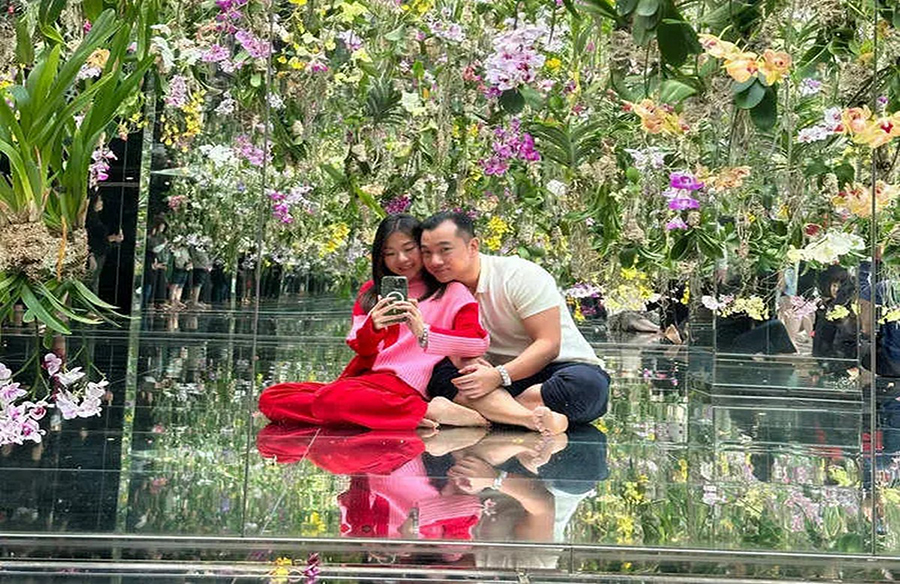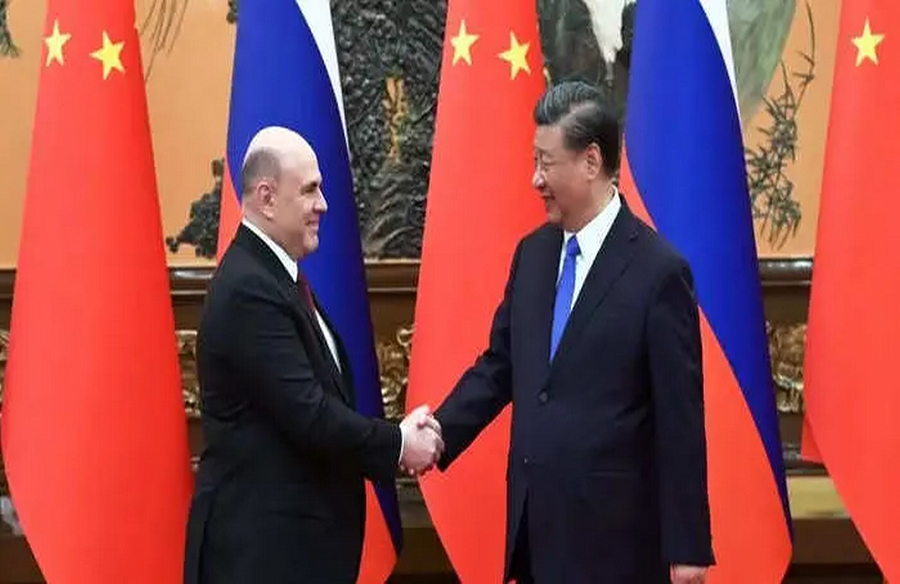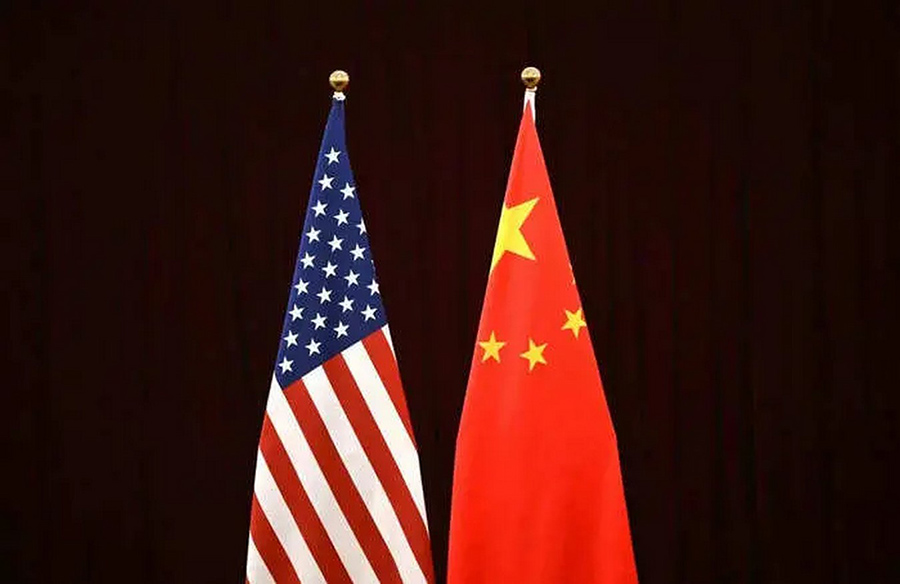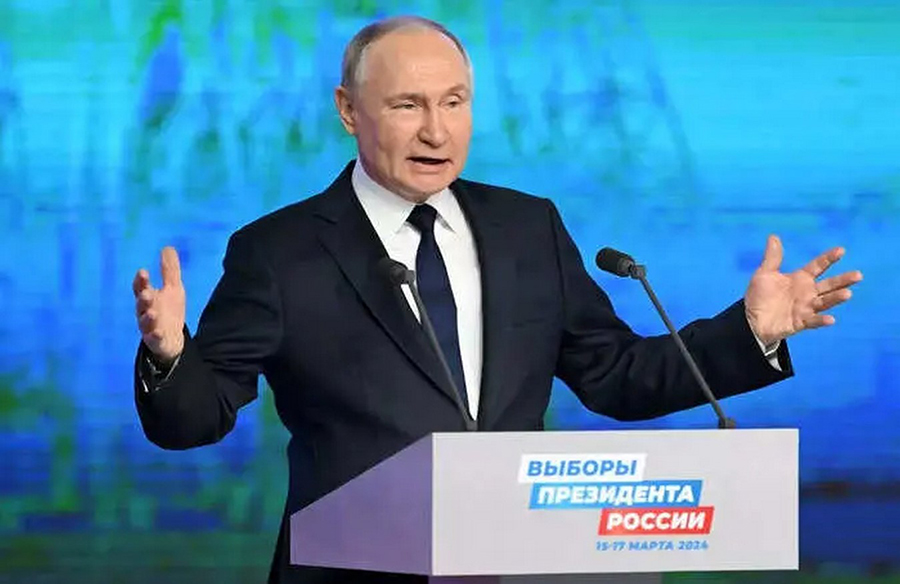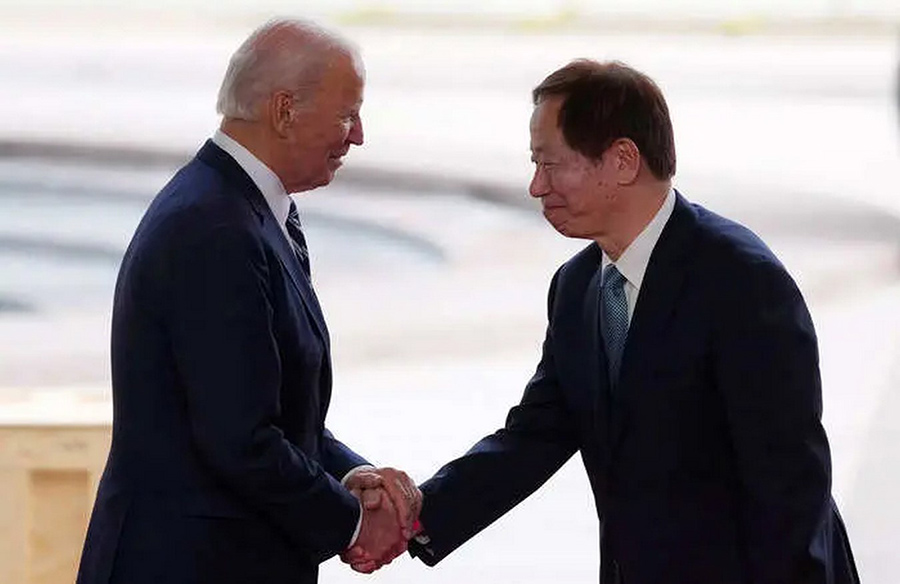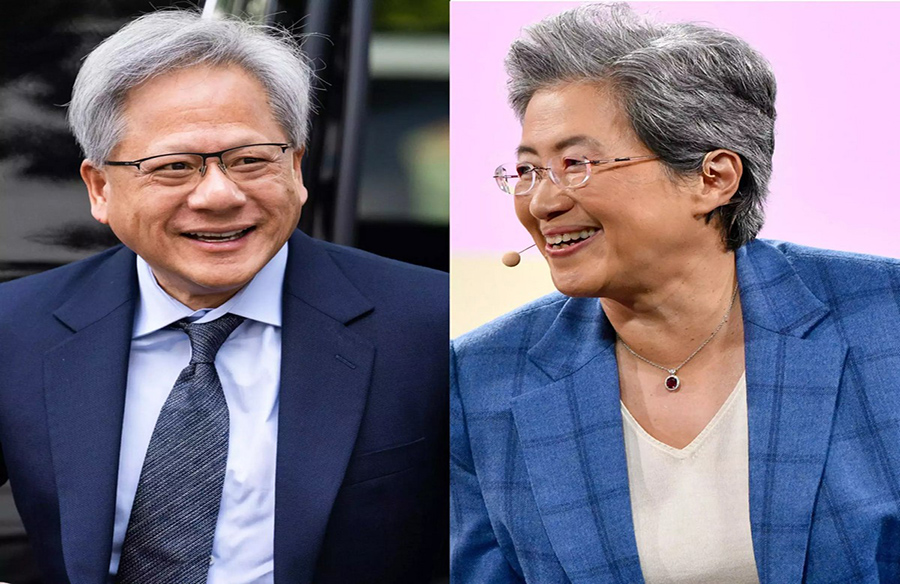China’s Diplomatic Dilemma: Balancing Aggression and Image Management

During a recent talk in New York, veteran diplomat Liu Jianchao hinted at a potential shift in China’s diplomatic approach, sparking speculation about the future trajectory of its foreign relations strategy.

Liu, head of the Chinese Communist Party’s International Department, addressed concerns about China’s past aggressive diplomacy, colloquially known as “Wolf Warrior” style. He downplayed the notion of a consistent Wolf Warrior approach, indicating a departure from such tactics.
Despite personnel changes within China’s foreign ministry and a seemingly friendlier tone in recent times, experts caution against premature conclusions regarding China’s diplomatic stance. While China may adopt a less confrontational demeanor, the underlying motives and behaviors remain complex.
Ian Ja Chong, a specialist in Chinese foreign policy, emphasizes that aggressive diplomacy serves as a tool rather than a fixed ideology for China. The use of Wolf Warrior tactics varies based on perceived necessity, often to assert dominance or intimidate adversaries.
The term “Wolf Warrior” originates from a nationalistic Chinese film and encompasses aggressive rhetoric and actions employed by Chinese diplomats. Instances like Chinese spokesperson Zhao Lijian’s controversial tweet demonstrate the confrontational nature of this style, aimed at defending Beijing’s interests.
However, scholars argue that individual diplomats’ behavior may not always align with explicit directives from higher authorities. Diplomats are expected to fiercely safeguard China’s image, with promotion prospects contingent on demonstrating unwavering loyalty.

Central to China’s diplomatic calculus is its domestic audience, particularly the vocal nationalist contingent active on social media platforms. Diplomatic actions are often tailored to resonate with domestic sentiments, with Zhao Lijian exemplifying this dynamic through his provocative statements.
Additionally, China prioritizes engaging with its diaspora and cultivating relationships with countries in the global South. While the Western public’s perception is of secondary importance, China acknowledges its significance due to economic and strategic interests.
Despite indications of toning down rhetoric, experts caution against interpreting this as a fundamental shift in China’s approach. The geopolitical landscape, including dynamics with the United States and ongoing global conflicts, influences China’s diplomatic priorities.
Furthermore, Chinese leader Xi Jinping’s focus on revitalizing the domestic economy suggests a pragmatic approach to international relations. While assertive diplomacy remains a feature of China’s foreign policy, the pursuit of conflict management and cooperation is gaining traction.
While China may downplay the “Wolf Warrior” label, the underlying behavior persists. China’s propensity to adapt its terminology while maintaining strategic objectives underscores the nuanced nature of its diplomatic maneuvers.
In essence, China’s diplomatic evolution reflects a balancing act between projecting strength and managing perceptions, with strategic adaptability guiding its approach on the global stage.


 English
English 














































































































































































































































































































